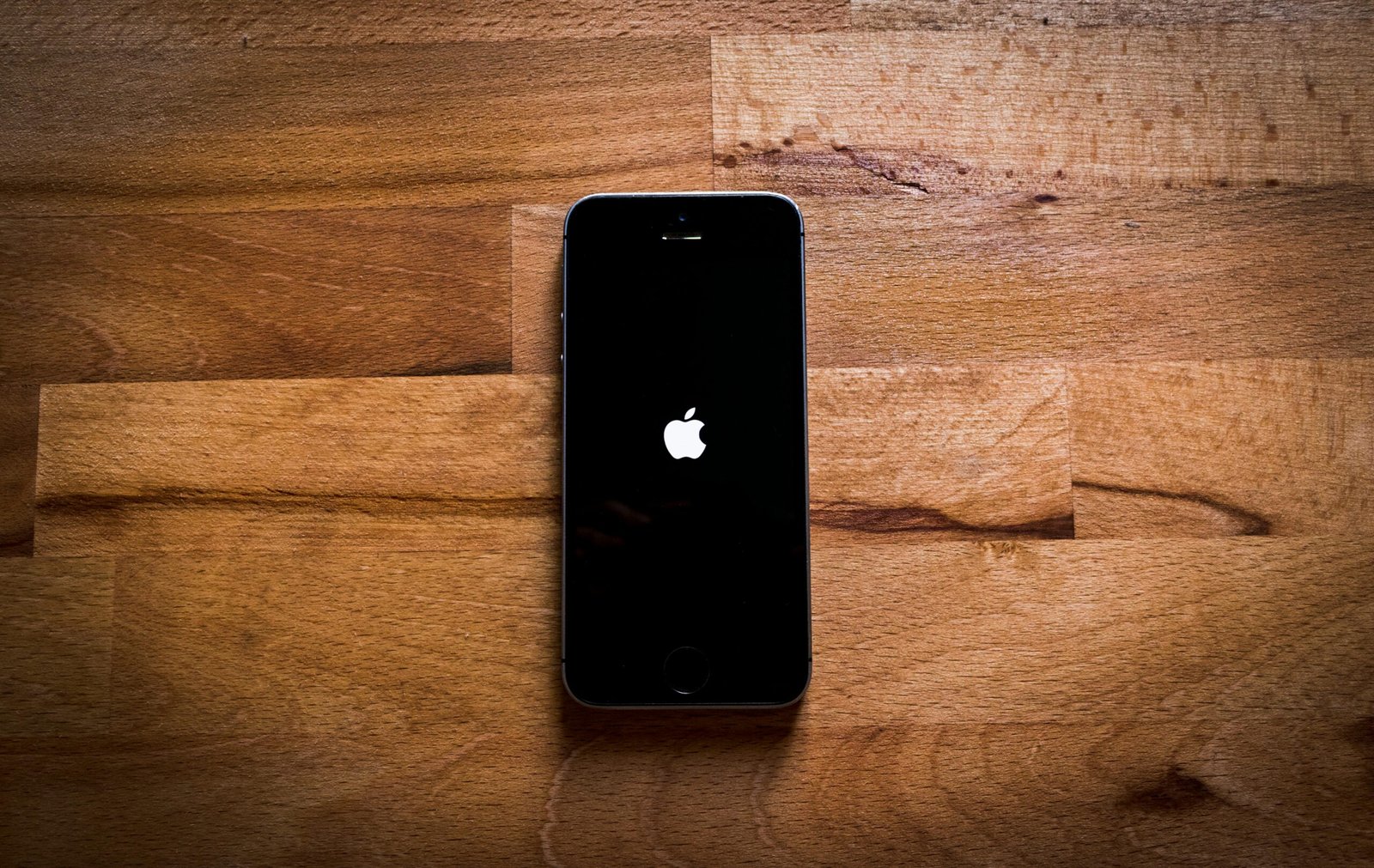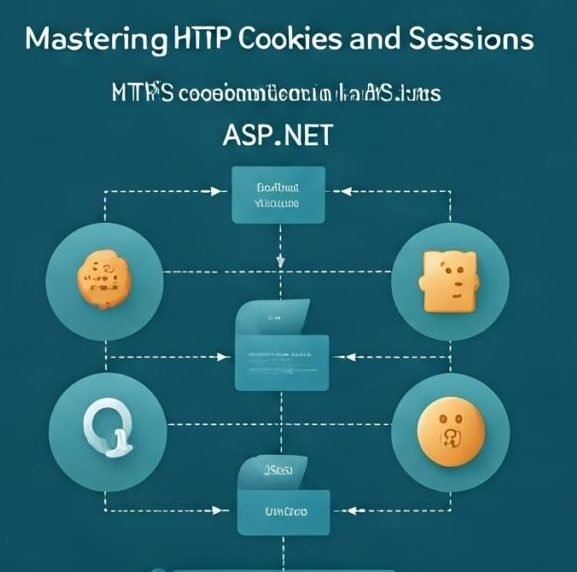
Apple 16 and the European Union Tussle
- Children’s illustration – A French Creative Life - March 24, 2025
- Caught by Collagraphs – A French Creative Life - March 24, 2025
- Develop Excel Skills From Basics to AI Integration With This $35 Course Bundle - March 24, 2025
Background on Apple’s App Store
The European Union’s scrutiny of Apple, particularly regarding its App Store policies, has significant implications for the tech giant’s operations and future product releases, including the iPhone 16. The investigation, which began several years ago, examines whether Apple’s practices unfairly disadvantage competitors and limit consumer choice. Key issues include:
App Store Commission Rates
Apple charges a commission on sales made through its App Store, ranging from 15% to 30%. Critics argue that these rates are excessive and create an unfair advantage for Apple’s own apps, including those designed for the iPhone 16, while disadvantaging third-party developers.
Mandatory Use of Apple’s In-App Purchase System for iPhone 16 Apps
Developers are required to use Apple’s payment system for in-app purchases, which results in commission fees. This policy has been challenged as restrictive, especially for apps related to the iPhone 16, limiting developers’ ability to offer competitive pricing.
Restrictions on Alternative Payment Methods a
Apple’s policies prevent developers from directing users to alternative payment options outside the App Store. This restriction impacts not only general app purchases but also those for the iPhone 16 and related services, limiting consumer choice and stifling competition.
The Fine and Its Implications for Apple
The substantial fine imposed by the EU—expected to be in the billions—reflects the severity of these concerns and will have several implications for Apple, including its iPhone 16 strategy:
Financial Impact on iPhone 16 Launch
The fine will directly affect Apple’s financial performance. In the short term, it may lead to a decline in profit margins, which could impact the budget and strategic planning for future product launches, including the iPhone 16.
Operational Changes Affecting iPhone 16
Apple may need to revise its App Store policies to comply with the EU’s regulations. This could involve lowering commission rates or altering the mandatory use of its payment system, potentially affecting pricing and services associated with the iPhone 16.
Strategic Adjustments for iPhone 16 and Beyond
Apple’s global business strategy might shift, especially in handling regulatory challenges. The company could adopt a more conciliatory approach towards regulators or explore new ways to leverage its platform, which could influence the development and marketing of the iPhone 16.
Broader Industry Impact on iPhone 16
The EU’s actions against Apple could set a precedent for how tech giants are regulated globally. If Apple is required to make significant changes, other tech companies with similar business models might face increased pressure. This could lead to:
Increased Regulatory Scrutiny Affecting iPhone 16
Other regions, including the U.S. and Asia, might intensify their scrutiny of major tech companies. This could result in more investigations and potential fines, affecting not just Apple but also the broader market for products like the iPhone 16.
Shifts in Market Dynamics for iPhone 16
Changes in Apple’s policies could impact the competitive landscape in the app development industry. Lower commission rates might benefit smaller developers and could influence the ecosystem around the iPhone 16, fostering more innovation.
Consumer Benefits from iPhone 16 Changes
If regulatory changes lead to increased competition and lower costs, consumers might benefit from more choices and potentially lower prices for apps and services related to the iPhone 16.
Kamala Harris and Donald Trump Debate
Key Issues in Focus
The debate between Kamala Harris and Donald Trump will be critical in shaping public perception of tech regulation, including its impact on products like the iPhone 16:
Data Privacy
Harris is expected to advocate for stronger data privacy protections, which could influence policies related to the iPhone 16 and its associated apps. Trump may emphasize the need for innovation and minimal government intervention, affecting how future products like the iPhone 16 are developed and marketed.
Antitrust and Competition Impacting iPhone
Harris is likely to support more robust antitrust actions against tech giants to promote fair competition, which could impact how Apple markets and prices the iPhone 16. Trump’s perspective might focus on maintaining a competitive edge for American companies globally without excessive regulatory interference.
Innovation vs. Regulation for iPhone 16
The debate will highlight the balance between fostering technological innovation and imposing regulations to prevent monopolistic practices. Harris may argue for stricter regulations to protect consumers and ensure fair competition, potentially affecting the development and features of the iPhone 16, while Trump might stress the importance of minimal regulatory burdens to keep American tech firms competitive.
Impact on iPhone 16 Strategy
The outcome of the debate could influence Apple’s strategic decisions regarding the iPhone 16:
Adjusting to Regulatory Trends f
If Harris’s policies gain momentum, Apple might anticipate further regulatory changes and proactively adjust its practices to align with emerging regulations, which could influence the development and features of the iPhone 16.
Enhancing Public Relations
Apple might invest in public relations campaigns to highlight its commitment to innovation and responsible business practices, aiming to mitigate any negative impacts from regulatory scrutiny and support the successful launch and promotion of the iPhone 16.
Finally
The intersection of Apple’s legal battles with the European Union, the high-profile debate between Kamala Harris and Donald Trump, and the strategic launch of the iPhone 16 underscores a critical moment for the tech industry. The EU fine could lead to significant changes in Apple’s operational and business strategies, while the debate will shape the broader regulatory environment affecting all tech companies. As these events unfold, Apple will need to navigate complex challenges and opportunities, balancing compliance with innovation to maintain its leadership position in a rapidly evolving tech landscape and ensure the success of the iPhone 16.













Leave a Reply